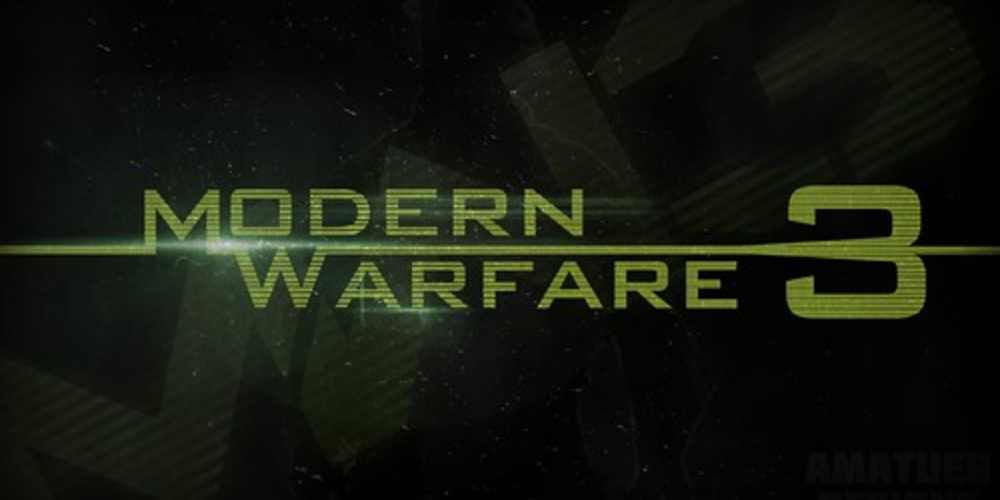
The digital age has ushered in an era where gamers can purchase, download, and play their favorite titles within minutes. Steam, as a leading gaming platform, has long stood as a beacon of convenience for this process. However, with the release of "Call of Duty: Modern Warfare 3," a snag in this otherwise smooth system has come to the fore. The complexities surrounding the refund process for this specific title have left players in a lurch, prompting both frustration and a deeper dialogue about the intersection of digital distribution policies and user rights.
The heart of the issue lies in an unexpected interaction between Steam's refund policy and the way "Modern Warfare 3" is integrated into the broader Call of Duty ecosystem. Steam's policy, designed to be consumer-friendly, allows for a no-questions-asked refund within two hours of gameplay. This is usually ample time for players to decide if a game is to their liking. However, "Modern Warfare 3" utilizes the Call of Duty HQ launcher, which also services "Warzone" and "Modern Warfare 2." This has inadvertently compounded playtime across these titles, rendering many players ineligible for what would have been a straightforward refund.
This conundrum has led to a flurry of refund requests, with the community voicing concerns over the perceived loophole. The integration of "Modern Warfare 3" with other Call of Duty titles through a single launcher has, in essence, blurred the lines of demarcation for individual game playtime. For players who have invested hours into "Warzone" or "Modern Warfare 2," the Steam system mistakenly attributes that time to "Modern Warfare 3," thus disqualifying them from the refund option they would normally have.
Despite the roadblock posed by this technicality, players have found a workaround by reaching out directly to Steam Support. While not as instantaneous as the automated refund process, this method has provided a path to resolution for those caught in this digital quagmire. The situation has highlighted the importance of clear-cut digital policies that account for the increasingly interconnected nature of modern game libraries. It also serves as a cautionary tale for both developers and digital storefronts to consider the implications of launcher integration on consumer rights.
In conclusion, the "Modern Warfare 3" refund predicament is emblematic of the growing pains that come with the evolution of digital distribution. As game franchises become more intertwined and complex in their delivery mechanisms, the systems in place to protect consumers must adapt accordingly. For now, players have a recourse in seeking manual intervention from Steam Support. Moving forward, the ideal resolution would be for game developers and platforms to refine their processes, ensuring that features designed to benefit consumers do not inadvertently become obstacles. The future of gaming is bound to bring more innovation and, with it, the necessity for vigilance in maintaining user-friendly practices.